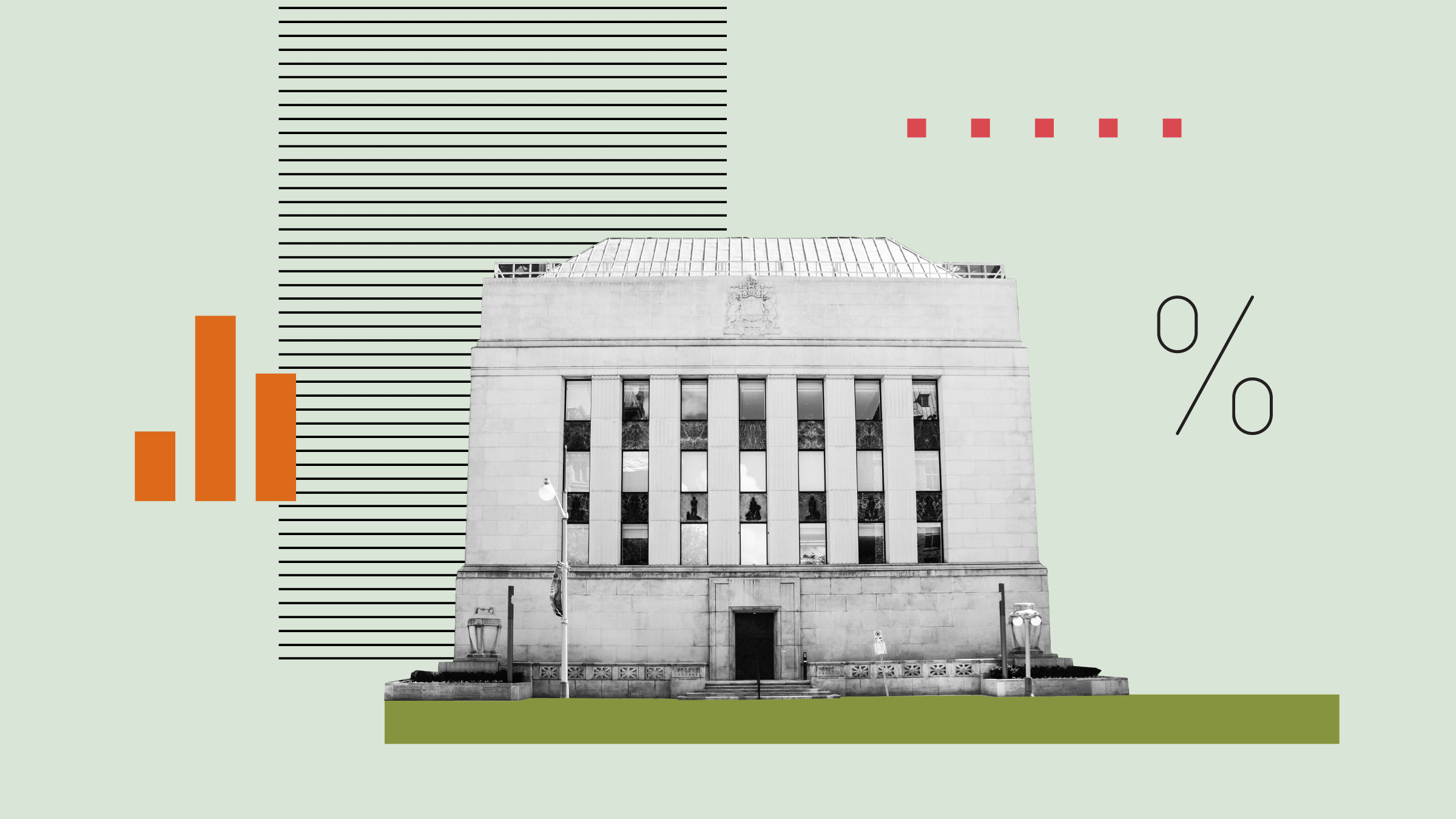Wealth creation, excellent management teams and attractive valuations are three key stock-selection criteria for Peter Lampert, lead manager of Mawer Emerging Markets Equity. And while he admits that the Indian market as a whole isn't cheap, it's there that Lampert and his colleagues are finding ample opportunities. The fund's current weighting in Indian stocks is 16%, double the country's weight in the MSCI Emerging Markets Index. Only China, at 19%, has a larger weight in the fund.
"India's pretty hot right now," says Lampert, a portfolio manager at Mawer Investment Management Ltd. in Calgary. He has led the fund since its inception on Jan. 31, 2017. "Valuations are fairly expensive for markets as a whole, so we've been very selective with our investments in India," he says. "There are many fantastic companies that we've passed on because the stock prices are just too high by our valuation parameters."
Despite the heated market, the managers have found great Indian companies that meet their criteria, Lampert says. Mawer has more than $1 billion invested in India across the firm's mandates and has been investing in India for about eight years.
Many of the well-run Indian companies, Lampert adds, also benefit from the growth tailwinds in India. The country enjoys a high economic growth rate and a relatively young population with more people entering the workforce. These factors, says Lampert, translate into increasing demand for many products and services provided by companies that the Mawer fund invests in.
Inefficiencies in India also offer investment potential. There are many small and mid-sized companies that aren't well known and well followed. "So perhaps there are more opportunities," says Lampert, "for some of these to be mispriced for investors that are doing their homework to find these great companies."
One example among the fund's 48 holdings is Mold-Tek Packaging Ltd., an Indian company that manufactures plastic packaging for paint cans and foods. "It's customized manufacturing," says Lampert, "so they have a good position with their customers and have high profitability."
Mold-Tek also benefits from the strong growing demand in India for consumer products, household paints and foods. "They have strong competitive advantages," says Lampert. "It is a smaller company, not well known or followed, and that's an example of some of the inefficiencies we see."
The largest holding in India, and among the fund's top 10 holdings, is HDFC Bank Ltd., the country's largest bank. "It's an extremely well-run bank, and by our assessment one of the best managed banks in the world, not only in India," says Lampert. "Since the bank was founded in 1994, they have done a terrific job in managing risk, growing the bank prudently, and they've created a lot of wealth for shareholders. We think they'll continue to do so."
Another Mawer holding is Hero MotoCorp. Ltd., the largest domestic manufacturer of motorcycles and scooters in India. Its market share is close to 40%, says Lampert. Motorcycles and scooters are a very important form of transportation in India as a low-cost alternative to cars. "Hero has a well-known brand and a wide, well-established distribution network," says Lampert. "So they have strong competitive advantages and they can grow as more people can afford to buy more motorcycles and scooters."
In researching stocks, the Mawer management team builds its own discounted-cash-flow models to come up with an estimated fair-value range for every stock they invest in. Ideally, the managers try to buy stocks when they're trading at the lower end of those fair-value ranges.
"It comes back to the investment philosophy of investing in high-quality companies, which generally have lower risk," says Lampert. "As a result of that, our funds have typically outperformed in down markets." He says he would love to hold a favoured stock forever, but the holding period is usually around five years.
The Mawer team also considers macroeconomic variables when trying to mitigate risk. They want to make sure that they don't have too much exposure to any single country or currency. "The goal," says Lampert, "is to build a resilient portfolio that can well regardless of how the economic scenario unfolds."
Lampert says the best description of Mawer's investment approach is quality at the right price. "Our portfolios look very different from the benchmark and peers," he explains. "We don't have a lot of those artificial constraints that some investment managers have where their portfolios can't deviate too much from benchmarks or other constraints."















